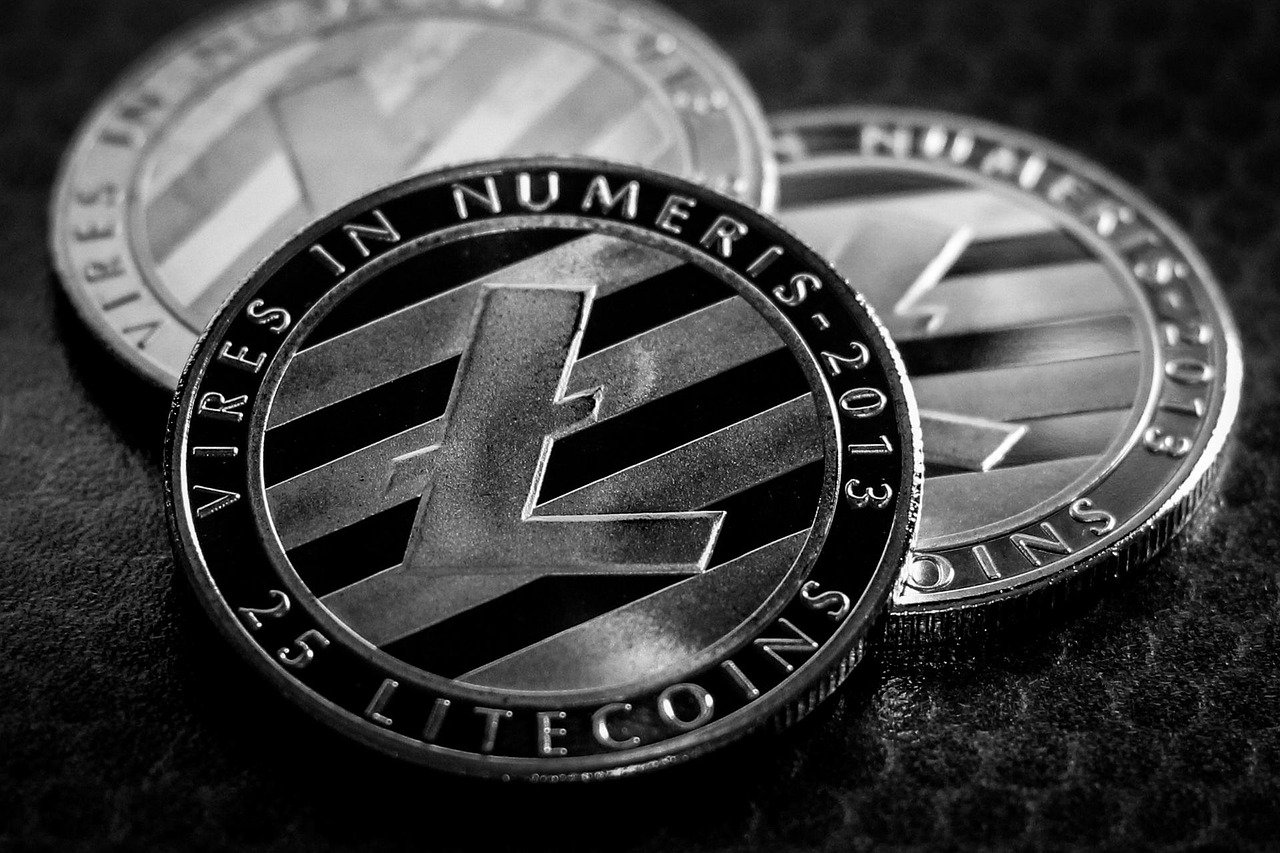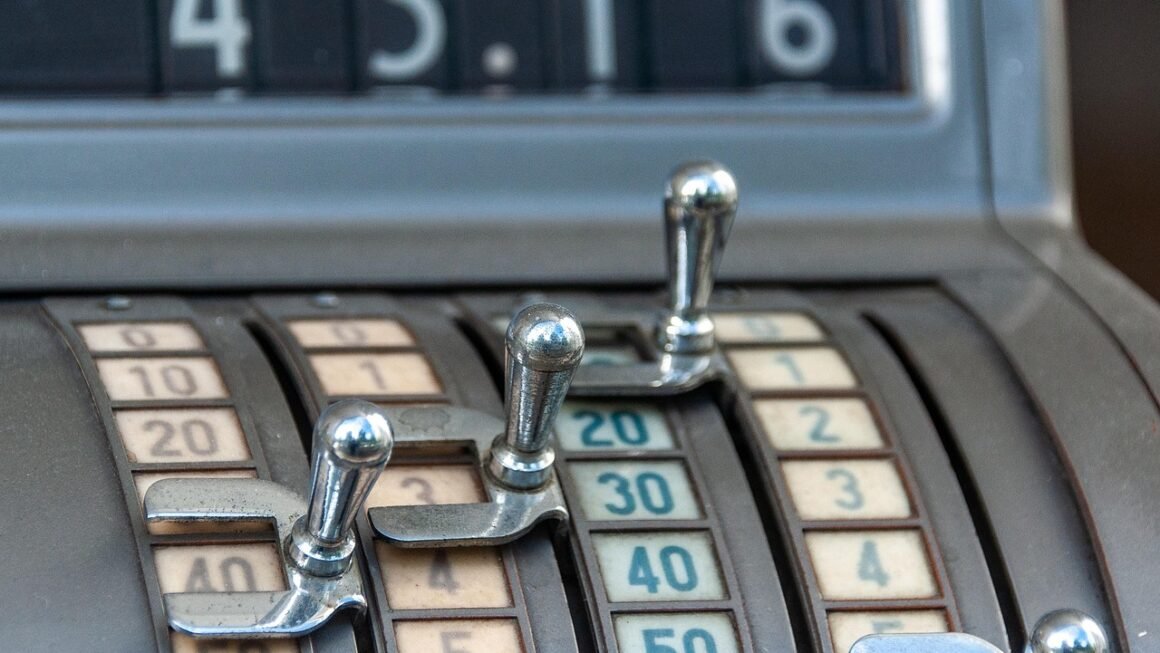Credit cards: those shiny pieces of plastic that can either be a financial superhero or a perilous villain in your wallet. Understanding how they work, how to use them responsibly, and how to maximize their benefits is crucial for navigating the modern financial landscape. This guide will break down everything you need to know about credit cards, from choosing the right one to managing your debt and building a solid credit score.
Understanding Credit Cards: The Basics
What is a Credit Card?
A credit card is essentially a short-term loan that allows you to make purchases now and pay for them later. The credit card issuer (usually a bank or financial institution) extends a line of credit to you, which you can use to buy goods and services. You then agree to repay the borrowed amount, plus any interest and fees, according to the terms of the agreement.
- Credit Limit: This is the maximum amount you can charge on your credit card.
- APR (Annual Percentage Rate): This is the interest rate you’ll be charged on your outstanding balance if you don’t pay it off in full each month. APRs can vary significantly, so shop around!
- Minimum Payment: The smallest amount you must pay each month to avoid late fees and damage to your credit score. However, only paying the minimum means you’ll accrue significant interest charges over time.
- Statement: A monthly summary of your credit card activity, including purchases, payments, fees, and interest charges.
How Credit Cards Work
When you use your credit card, the transaction is processed through a network (like Visa or Mastercard). The merchant receives payment, and you incur a debt to the credit card issuer. At the end of each billing cycle, you receive a statement outlining your balance and the payment due date. You can then choose to pay the full balance, a portion of the balance, or just the minimum payment.
- Example: You buy a new TV for $500 using your credit card. If you pay the full $500 before the due date, you won’t be charged any interest. However, if you only pay the minimum, you’ll be charged interest on the remaining balance until it’s paid off.
Types of Credit Cards
There’s a credit card for almost every need and financial situation. Here are some common types:
- Rewards Cards: Offer points, miles, or cash back for purchases. Ideal for people who pay their balance in full each month and want to earn rewards for their spending.
- Travel Cards: Similar to rewards cards, but specifically geared towards travel-related benefits like airline miles, hotel points, and travel insurance.
- Balance Transfer Cards: Offer a low or 0% introductory APR on balance transfers, allowing you to consolidate debt from other high-interest cards.
- Low-Interest Cards: Feature lower APRs than average, making them a good choice if you often carry a balance.
- Secured Credit Cards: Require a security deposit, making them easier to obtain for people with limited or poor credit history. The deposit typically serves as your credit limit.
Choosing the Right Credit Card
Assessing Your Needs
Before applying for a credit card, consider your spending habits and financial goals. Ask yourself:
- What do I primarily use credit cards for? (e.g., everyday purchases, travel, emergencies)
- Do I pay my balance in full each month?
- Am I trying to build or rebuild my credit?
- Do I have any specific rewards or benefits in mind?
Comparing Credit Card Offers
Once you know your needs, compare different credit card offers based on these factors:
- APR: The lower the APR, the less you’ll pay in interest if you carry a balance.
- Fees: Look for annual fees, late payment fees, over-limit fees, and foreign transaction fees.
- Rewards Program: Evaluate the earning rate, redemption options, and value of the rewards.
- Benefits: Consider perks like travel insurance, purchase protection, and extended warranties.
- Credit Score Requirements: Check the card’s eligibility requirements to ensure you have a good chance of approval.
- Example: If you travel frequently and always pay your balance in full, a travel rewards card with a high earning rate on travel expenses might be a good choice. However, if you occasionally carry a balance, prioritize a low-interest card, even if it offers fewer rewards.
Applying for a Credit Card
When applying, be honest and accurate on your application. Providing false information can lead to rejection or even account closure. The issuer will review your credit report and credit score to assess your creditworthiness.
Using Credit Cards Responsibly
Budgeting and Tracking Expenses
Create a budget to track your income and expenses. Knowing where your money is going can help you avoid overspending on your credit card. Use budgeting apps, spreadsheets, or even a simple notebook to monitor your spending.
- Set Spending Limits: Decide how much you can realistically afford to spend on your credit card each month and stick to that limit.
Paying Your Bills on Time
Paying your credit card bills on time is crucial for maintaining a good credit score and avoiding late fees. Set up automatic payments to ensure you never miss a due date.
- Payment Options: Most credit card issuers offer various payment methods, including online payments, phone payments, and mail-in payments.
Avoiding Common Credit Card Mistakes
- Maxing Out Your Credit Card: Using a high percentage of your credit limit (known as your credit utilization ratio) can negatively impact your credit score. Aim to keep your utilization below 30%.
- Making Only Minimum Payments: Paying only the minimum will result in significant interest charges and can take years to pay off your balance.
- Missing Payments: Even one missed payment can hurt your credit score.
- Using Your Credit Card for Cash Advances: Cash advances typically come with high fees and interest rates. Avoid them if possible.
- Example: If your credit limit is $1,000, try to keep your balance below $300 to maintain a healthy credit utilization ratio.
Managing Credit Card Debt
Understanding the Impact of Debt
High credit card debt can negatively affect your financial well-being in several ways:
- High Interest Charges: The more debt you carry, the more you’ll pay in interest.
- Lower Credit Score: High debt levels can lower your credit score, making it harder to get approved for loans and other credit products.
- Stress and Anxiety: Debt can be a major source of stress and anxiety.
Strategies for Reducing Debt
- Balance Transfer: Transfer your high-interest balances to a credit card with a lower APR.
- Debt Snowball Method: Pay off your smallest debt first, then apply that payment to the next smallest debt, and so on.
- Debt Avalanche Method: Pay off your debt with the highest interest rate first, then move on to the next highest.
- Credit Counseling: Work with a credit counselor to develop a debt management plan.
- Debt Consolidation Loan: Obtain a personal loan to pay off your credit card debt. This can simplify your payments and potentially lower your interest rate.
- Example: If you have multiple credit cards with varying interest rates, the debt avalanche method might be the most effective way to save money on interest in the long run.
Conclusion
Credit cards can be a powerful tool for building credit, earning rewards, and managing your finances. However, it’s essential to use them responsibly and avoid common mistakes. By understanding how credit cards work, choosing the right card for your needs, and managing your debt effectively, you can harness the benefits of credit cards without falling into financial trouble. Always remember to budget, pay your bills on time, and avoid overspending. Credit cards are a tool to be used wisely, not a crutch for overspending.



